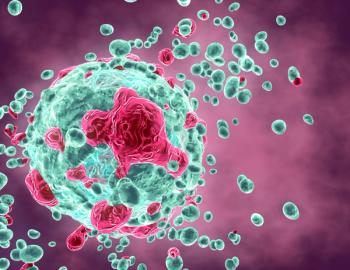
The 5-year relapse-free survival rate was 22.3% with T-VEC prior to surgery, compared with 15.2% for surgery alone.

The 5-year relapse-free survival rate was 22.3% with T-VEC prior to surgery, compared with 15.2% for surgery alone.
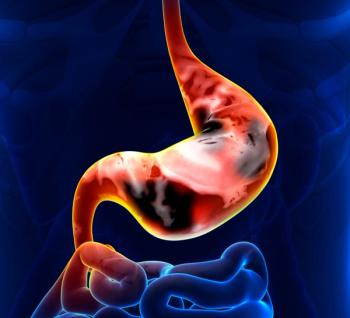
Of the 8 treated patients who were evaluable, 6 patients had stable disease at Day 28.
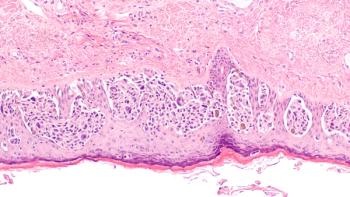
Based on the findings, investigators are considering registration with the FDA and EMA.
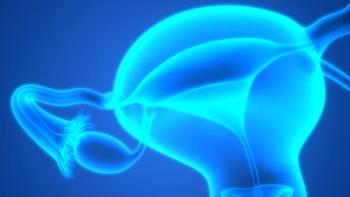
ADP-A2M4CD8 will be evaluated in the phase 2 SURPASS-3 trial initiating in late 2022 or early 2023.
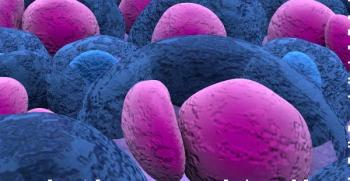
Among the 31 patients evaluable for efficacy analysis, ORR was 100%.
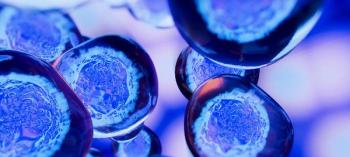
A phase 2 trial evaluated the therapy in patients with diffuse large B-cell lymphoma, B-acute lymphocytic leukemia, and follicular lymphoma.
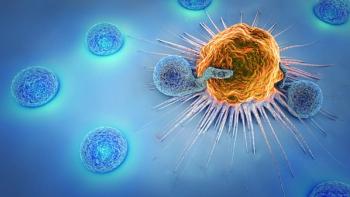
BNT211 showed encouraging responses in testicular cancer but less encouraging responses in ovarian cancer.
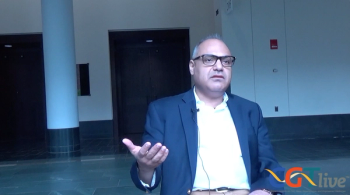
The chief medical officer of Triumvira Immunologics discussed promising early results from the company’s phase 1/2 clinical trial.
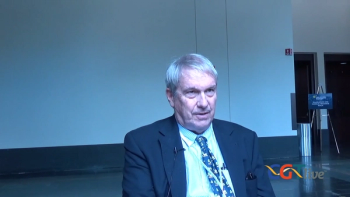
The chief of the oncology branch of the Center for Biologics Evaluation and Research at the FDA discussed how academia and industry can work best with regulatory agencies.
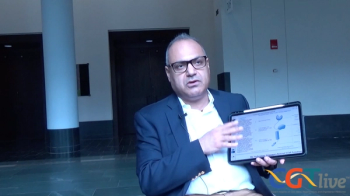
The chief medical officer of Triumvira Immunologics discussed the company’s TAC platform and its versatile target-recognizing domain.
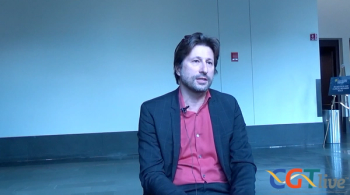
Raphaël G. Ognar, chief executive officer and co-founder of NKILT Therapeutics, discussed approaches to help increase patient access to cell therapies.
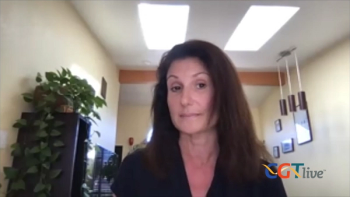
The associate professor from UC San Diego discussed promising efficacy and safety data from a phase 1/2 trial.
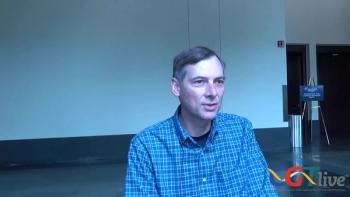
Geoffrey Hodge, chief executive officer of SOTIO Biotech US, discussed the company's development of the BOXR cell therapy platform.
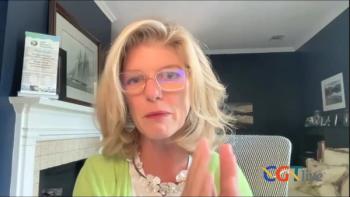
Susan Ruediger, founder and chief mission officer, CMT Research Foundation, discussed the foundation’s mission.
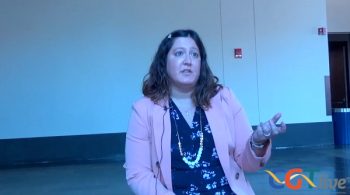
The associate director of Research at Senti Biosciences discussed the company's research on using logic-gated CAR-NK cells for the treatment of AML and solid tumors.
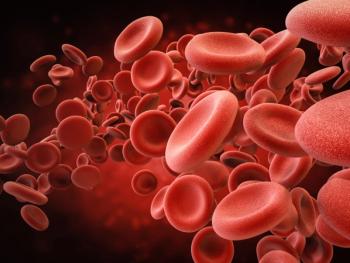
A second cohort has been dosed with 7.7e11 vg/kg to hopefully confirm the dose for phase 3 trials.
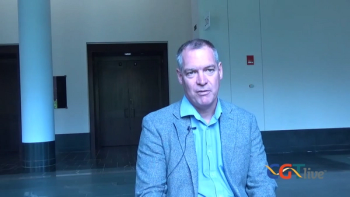
The chief scientific officer at TScan Therapeutics discussed the company’s SafetyScan technology.
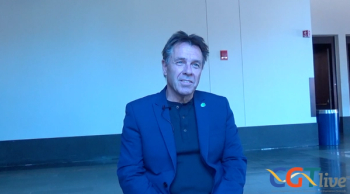
The co-founder and executive chairman of TC BioPharm discussed his thoughts on the regulatory, logistical, and quality hurdles of manufacturing cell therapies.
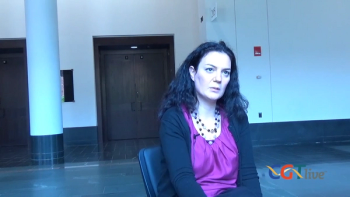
The senior director and clinical program leader, Translational Clinical Oncology at Novartis Institutes for BioMedical Research, discussed new data from the phase 1 study.
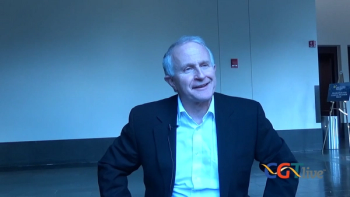
The professor of medicine and University of Minnesota Medical School discussed the advantages and unmet needs of natural killer cells in oncology.
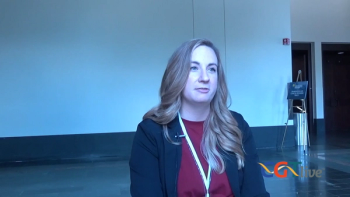
The research fellow from Harvard Medical School discussed blocking IFNg as a potential approach to reduce toxicities.
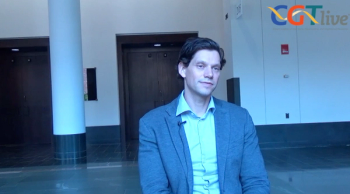
The instructor of Medicine, Division of Hematology and Oncology, Hospital of the University of Pennsylvania discussed his thoughts on the potential of targeting mutant KRAS with immunotherapy.
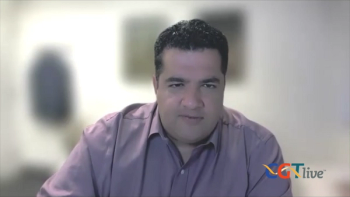
The associate professor at Fred Hutch Cancer Center discussed data presented at the EHA 2022 Congress.
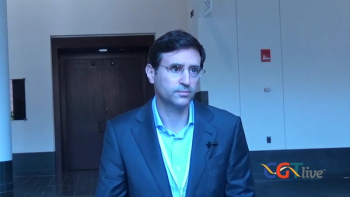
The chief of cancer immunotherapy at Rutgers Cancer Institute discussed clinical results with different cell therapy approaches.
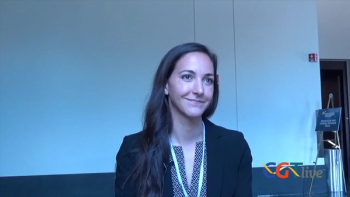
The scientist at A2 Biotherapeutics discussed the company’s dual-receptor Tmod technology.

The acting chief of the oncology branch of the Center for Biologics Evaluation and Research at the FDA discussed the evolution of cell therapies in the past decade.

Susan Ruediger, founder and chief mission officer, CMT Research Foundation, discussed the panel discussion she participated in at BIO 2022.

The therapy is now being evaluated in a phase 2 study.
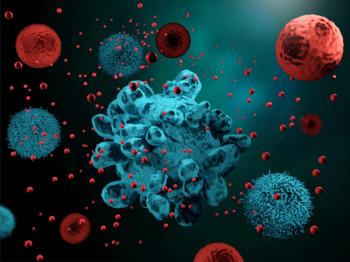
CTX130 is also being investigated for the treatment of r/r renal cell carcinoma in a phase 1 clinical trial called COBALT-RCC (NCT04438083).
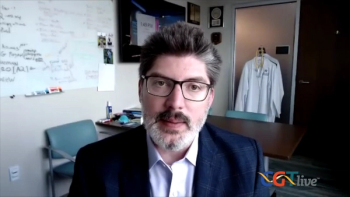
The vice-chair of the Department of Blood and Marrow Transplant and Cellular Immunotherapy at Moffitt Cancer Center discussed more work to be done with CAR T-cell therapies.